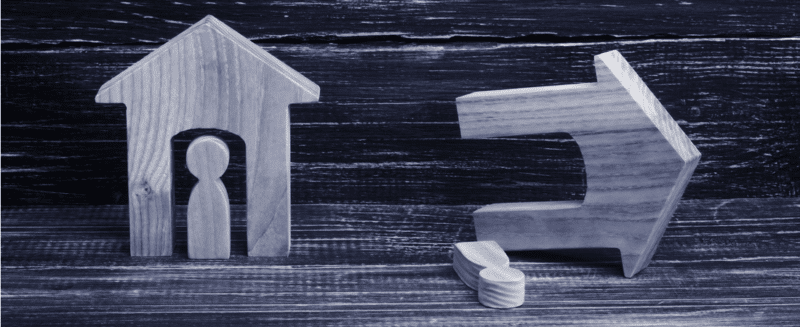What can you do about a nightmare condo owner who refuses to follow condo rules? Start with a review of board rules, then call a lawyer.
Q: Our condo building has had a problem with one particular owner ever since he purchased his unit in the building and moved in.
Initially he didn’t get permission for remodeling work he undertook in his unit. The building fined him for failing to abide by the condominium rules and later settled with him for a fraction of what he owed. He has continued to break building rules and has caused several renters in the building to leave.
He seems to want to make life miserable for everyone else. Our building set up a committee to evaluate and fine unit owners, with the hopes that this sort of behavior would calm down. The problem is that he is an attorney and feels he can intimidate everyone. He threatens everyone with litigation. Any suggestions?
Follow the Rules When Dealing with a Nightmare Condo Owner
A: Sounds like the neighborhood bully has taken up residence, with you and your fellow owners bearing the brunt of his wrath. How unpleasant. Worse, your choices appear limited. But, let’s dig in and see if there’s some sort of solution to this problem.
The good news is that your building is trying to take action to keep everyone in line. And, if your board is smart, they should be actively reviewing building rules to make sure they were put in place properly.
Why do we say that? When confronting a condo owner who may have more knowledge about the law than you, you need to make sure that the rules you have in place were properly drafted and properly passed. The building board has to maintain authority and it would be damaging for someone to claim the building rules are invalid because you failed to give proper notice, they violate the master condo declaration or condominium bylaws, or any other document. Hopefully, the condo board has its own attorney help set up the building rules, so they’re in good shape.
Next point: These rules should (and according to you, do) provide a way to fine an owner for violation of the rules. Once you have a violation, you can assess the fine against the homeowner. But here’s where it can get tricky. Many associations will fail to enforce their rules uniformly. Or, when associations do enforce the rules, and issue a fine, they fail to enforce the payment of fines. When that happens, it gives those wayward owners an opportunity to contest the fine or simply ignore it.
That’s why someone needs to make sure that the condo board or the committee that enforces the building rules is on the same page. That is to say, they all must want to enforce the rules that you have in place and they must insist that any fine against a unit owner gets paid.
What to do When the Nightmare Condo Owner Doesn’t Comply
Many condo associations will levy a fine and allow a homeowner to appeal that fine. After the appeal of the fine stands, the association will file a lien against the homeowner’s home to secure the payment. Thereafter, if the fine is still not paid, the association will file a legal action to foreclose on the unit to secure the payment of the fine.
We suggest you talk to a lawyer that concentrates on condominium and homeowners’ associations. What you want is to make sure you have everything in order when you start fining homeowners. And, once you do fine them, that you have a process in place to enforce the fine.
And maybe, just maybe, the neighborhood bully will get the hint that you’re serious and list his home for sale.
More on Owning a Condo:
Is the Condo Board Responsible for Enforcing Association Rules?
Navigating Rules and Rights in Your Condo Association
Noise Issues With Neighbors: How to Deal With Rotten Neighbor Problems







The homeowner’s Board of Directors shall write a Notice of Assessment of a Fine for violating the rules of the homeowner’s association and state the payment of the fine must be made within thirty days of the date of the Notice. Were the homeowner not to pay the fine within thirty days, the homeowner’s Board of Directors is to file a lien against the homeowner’s real property every thirty days until the fine is paid. The Homeowner’s \association will send a letter to the homeowner informing the homeowner a lien has been filed on the homeowner’s real property and the fine will increase by the same amount every thirty days and the lien will remain until the homeowner pays the lien or sells the property as the lien will be paid in escrow when the property is sold to a new owner. Every 30 days the homeowner fails to pay the lien, the Board of Directors will file an additional lien against the homeowner’s real property and write a letter to the homeowner an additional lien has been filed and the total amount of the fine is to be shown on the letter to the homeowner. Once the fine is paid either by the homeowner or in escrow when the homeowner sells the real property the funds from the fine is to become a part of the assets of the homeowner’s association.